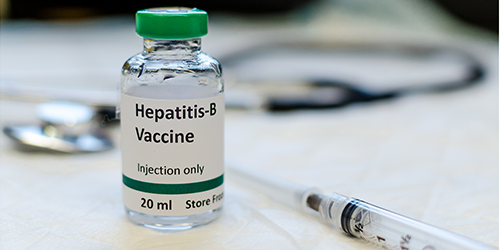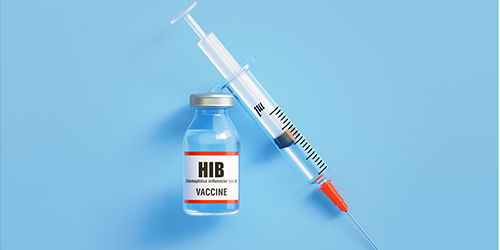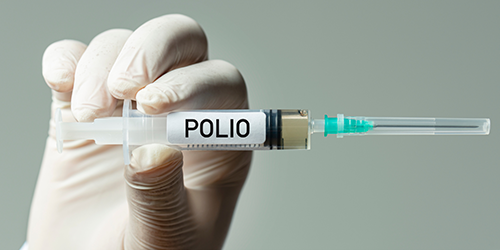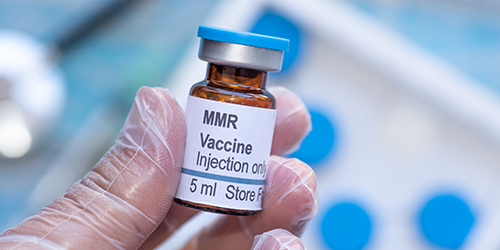


Introduction
Immunizations, commonly referred to as vaccines, play a vital role in safeguarding your baby’s health. They are one of the most effective ways to protect your child from a range of potentially serious and even life-threatening diseases. In this article, we will explore the significance of immunizations for your baby’s health, how vaccines work, the recommended vaccine schedule, and address some common concerns regarding vaccinations.
Understanding How Vaccines Work

Vaccines are biological products containing inactivated or weakened forms of disease-causing microorganisms, such as bacteria or viruses. When administered, vaccines stimulate your baby’s immune system to produce specific antibodies without causing the disease itself. These antibodies create immunity against the targeted illness, helping your child fight off the disease if exposed in the future.
The Importance of Immunizations for Baby’s Health
Preventing Serious Diseases:
Immunizations protect your baby from serious diseases like measles, mumps, rubella, polio, whooping cough, and more. These diseases can lead to severe complications, hospitalization, and, in some cases, death.


Herd Immunity:
When a significant portion of the population is vaccinated, it creates herd immunity. This helps protect those who cannot be immunized, such as babies too young for certain vaccines or individuals with compromised immune systems.
Reducing Disease Outbreaks:
Vaccination programs have been successful in reducing or even eradicating certain diseases. For instance, smallpox was completely eradicated through a global vaccination effort.

The Recommended Vaccine Schedule:
The vaccine schedule for infants is meticulously designed to provide optimal protection at the earliest age possible, as this is when babies are most vulnerable to certain diseases. Adhering to the schedule recommended by your healthcare provider is essential to ensure your child’s health. Here’s a closer look at some key vaccines administered during infancy:

1. Hepatitis B Vaccine:
This vaccine is typically given shortly after birth and followed by additional doses. Hepatitis B is a serious viral infection that can lead to chronic liver disease, and vaccinating infants helps prevent transmission from mother to child and early exposure to the virus.
2. DTaP Vaccine:
Administered in a series of doses, the DTaP vaccine protects against three diseases: diphtheria, tetanus, and pertussis (whooping cough). These diseases can have severe consequences, including paralysis, breathing difficulties, and severe coughing fits.


3. Hib Vaccine:
Administered in multiple doses, the Hib vaccine safeguards against Haemophilus influenzae type b, a bacterium that can cause meningitis, pneumonia, and other life-threatening illnesses in young children.
4. Polio Vaccine:
Given in a series of doses, the polio vaccine provides protection against polio, a highly contagious virus that can cause paralysis and, in severe cases, death.


5. Pneumococcal Vaccine:
Given in multiple doses, the pneumococcal vaccine protects against pneumococcal bacteria, which can cause pneumonia, ear infections, and invasive diseases. It helps prevent these infections in infants.
6. Rotavirus Vaccine:
Administered in multiple doses, this vaccine protects against rotavirus, a leading cause of severe diarrhea and vomiting in infants and young children. It can help prevent dehydration and hospitalization due to these symptoms.


7. MMR Vaccine:
Given after the first year of life, the MMR vaccine provides immunity against measles, mumps, and rubella. These diseases can lead to complications like encephalitis and birth defects, making the vaccine crucial for public health.
8. Varicella Vaccine:
Typically administered after the first birthday, the varicella vaccine protects against chickenpox, a contagious disease that can lead to itching, skin infections, and, in rare cases, serious complications.

Common Concerns About Vaccinations:
Addressing common concerns regarding vaccinations is essential for parents to make informed decisions:

1. Safety:
Vaccines undergo extensive safety testing before approval, and the risks associated with vaccines are minimal compared to the potential harm caused by the diseases they prevent. Rigorous monitoring ensures that any rare adverse events are promptly addressed.
2. Side Effects:
Most vaccine side effects are mild and temporary, such as soreness at the injection site or a low-grade fever. Serious side effects are exceedingly rare, and the benefits of vaccination far outweigh the risks.
3. Delaying or Skipping Vaccines:
Delaying or skipping vaccines can leave children susceptible to diseases during their critical early years when they are most at risk. Adhering to the recommended vaccine schedule is vital for your child’s health and plays a crucial role in maintaining herd immunity, protecting the broader community, especially those who cannot be vaccinated
Conclusion
Immunizations are a cornerstone of preventive healthcare for your baby. By following the recommended vaccine schedule and staying informed about the benefits and safety of vaccines, you can protect your child from potentially life-threatening diseases. Vaccines not only safeguard your baby but also contribute to the overall health of the community. Talk to your healthcare provider to ensure your baby receives the appropriate vaccinations on time, setting the foundation for a healthy and disease-free future.

